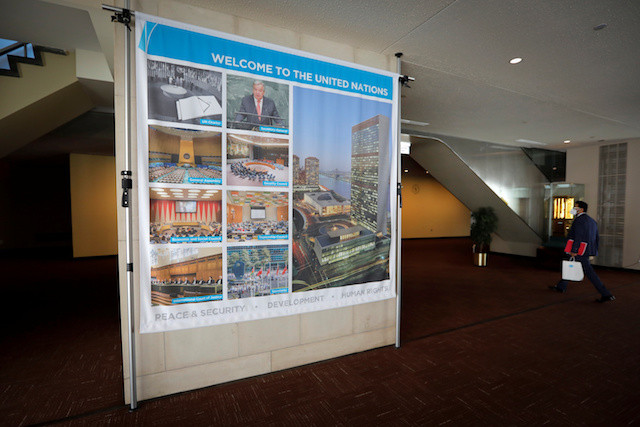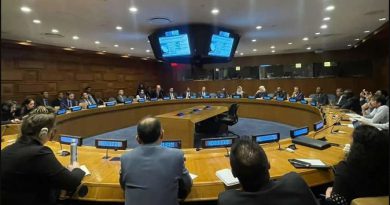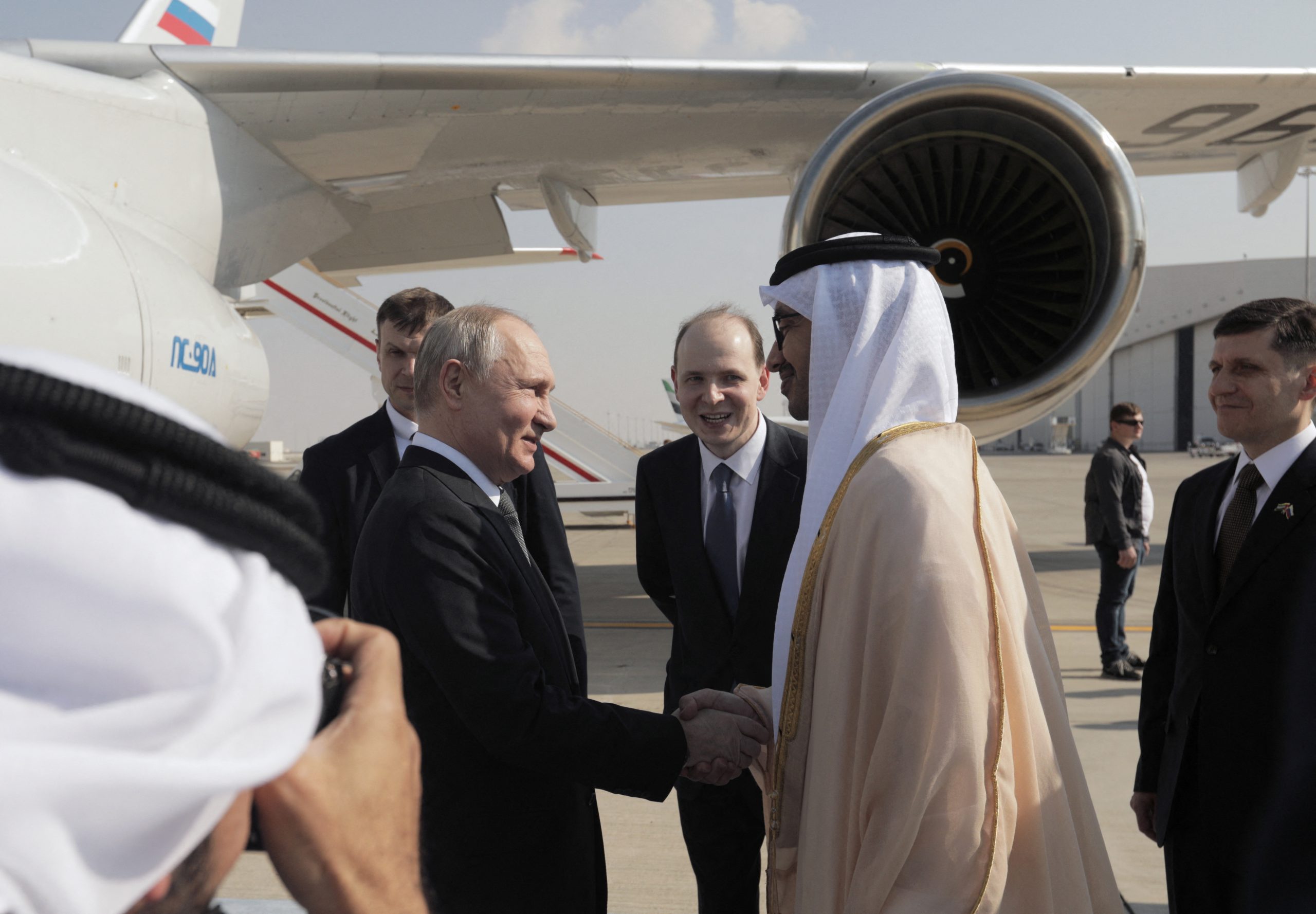World leaders mark U.N. at 75, challenged by pandemic, U.S., China tensions
United Nations (Reuters) – World leaders came together, virtually, on Monday to mark the 75th anniversary of the United Nations, as the deadly coronavirus pandemic and tensions between the United States and China challenge the effectiveness and solidarity of the 193-member world body.
As COVID-19 began to spread around the world earlier this year, forcing millions of people to shelter at home and dealing a devastating economic blow, countries turned inward and diplomats say the United Nations struggled to assert itself.
Long-simmering tensions between the United States and China hit boiling point over the pandemic, spotlighting Beijing’s bid for greater multilateral influence in a challenge to Washington’s traditional leadership.
The coronavirus emerged in China late last year and Washington accuses Beijing of a lack of transparency that it says worsened the outbreak. China denies the U.S. assertions.
In an apparent swipe at the United States, China’s President Xi Jinping said on Monday: “No country has the right to dominate global affairs, control the destiny of others, or keep advantages in development all to itself. Even less should one be allowed to do whatever it likes and be the hegemon, bully or boss of the world. Unilateralism is a dead end.”
Xi’s remarks were not in the video he recorded for the meeting. They were included in a longer statement that the Chinese U.N. mission said was submitted to the world body.
China has portrayed itself as the chief cheerleader for multilateralism as U.S. President Donald Trump’s disregard for international cooperation led to Washington quitting global deals on climate and Iran and leaving the U.N. Human Rights Council and the World Health Organization (WHO).
‘Reasons for Concern’
Deputy U.S. Ambassador to the United Nations Cherith Norman Chalet told the General Assembly that the world body had in many ways proven to be a “successful experiment, but “there are also reasons for concern.”
“The United Nations has for too long been resistant to meaningful reform, too often lacking in transparency, and too vulnerable to the agenda of autocratic regimes and dictatorships,” she said.
The U.S. withdrawal from the WHO came after Trump accused the agency of being a puppet of China, a claim the WHO denied.
U.N. Secretary-General Antonio Guterres said the pandemic had exposed the world’s fragilities.
“We can only address them together. Today we have a surplus of multilateral challenges and a deficit of multilateral solutions,” he said. “No one wants a world government – but we must work together to improve world governance.”
The Security Council took months to back a call by Guterres for a global ceasefire – to allow countries to focus on fighting COVID-19 – due to bickering between China and the United States.
Several leaders called for a reform of the United Nations and in particular the 15-member Security Council, arguing it was unfair that the United States, Russia, China, France and Britain were the only permanent veto-wielding powers.
“A council structure that leaves the fate of more than 7 billion people to the mercy of five countries is neither fair nor sustainable,” Turkey’s President Tayyip Erdogan said.
The one-day special event on Monday comes ahead of the annual meeting of world leaders at the United Nations, which starts on Tuesday with no presidents or prime ministers physically present in New York. All statements have been pre-recorded and will be broadcast in the General Assembly hall.
The United Nations was created when countries came together after World War II to prevent another such conflict. While there has not been World War III, leaders adopted a statement on Monday acknowledging “moments of disappointment.”
“All this calls for greater action, not less,” the statement said.



